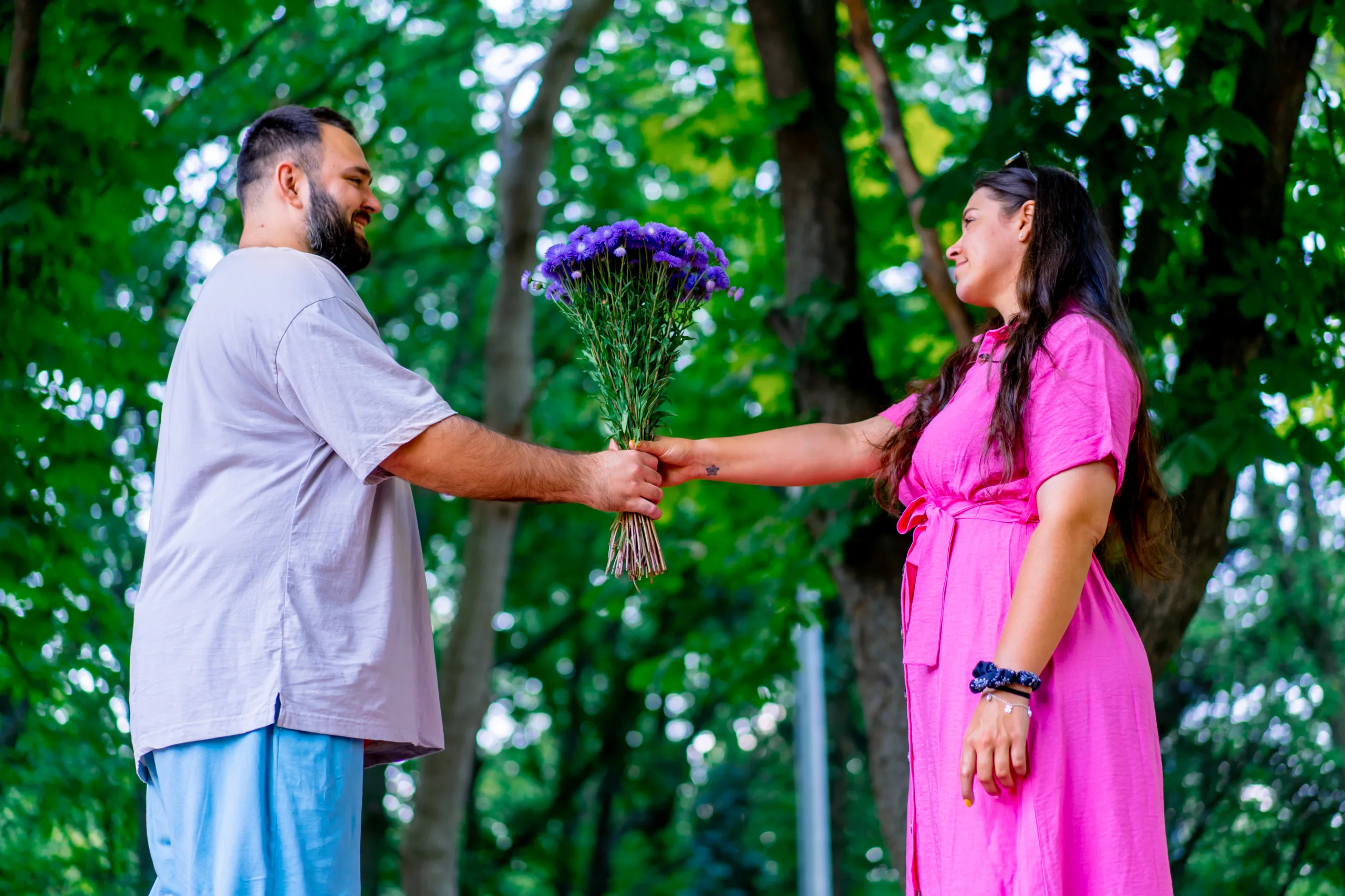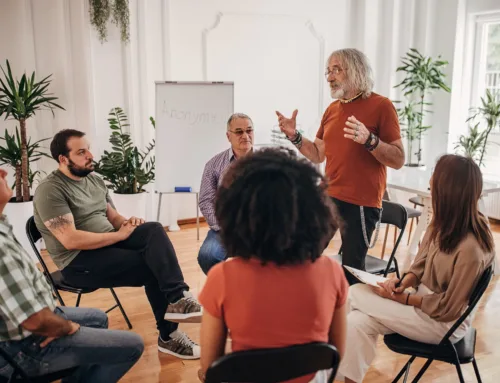Navigating Love After Addiction
Love and relationships can be both fulfilling and challenging, especially in the context of addiction recovery. Early recovery is a vulnerable time when individuals are learning to navigate their emotions, triggers and new lifestyles. Unfortunately, unhealthy relationships or a focus on romance too soon can increase the risk of relapse.
At Freedom Detox & Recovery Center, we believe in helping individuals build healthy, meaningful relationships that support their sobriety and overall well-being. This blog explores the challenges and opportunities of love after addiction and provides guidance for maintaining healthy connections.
The Role of Relationships in Early Recovery
In early recovery, individuals are often advised to focus on themselves and their healing process. This period is essential for rebuilding self-esteem, developing coping mechanisms and identifying triggers. While relationships can provide support, they can also add stress and emotional turmoil, which may increase the likelihood of relapse.
Common Challenges in Early Recovery Relationships
- Emotional Dependency: Using a partner as a coping mechanism instead of developing self-reliance
- Unrealistic Expectations: Believing a relationship will “fix” personal struggles or fill emotional voids
- Conflict and Triggers: Unresolved issues or unhealthy dynamics can exacerbate stress and lead to relapse
Recognizing these challenges is key to building a strong foundation for healthy relationships in recovery.
Relapse and Relationships
One of the most common causes of relapse in early recovery is the stress or emotional upheaval caused by relationships. Romantic relationships can be particularly triggering due to the vulnerability and emotional intensity involved.
How Relationships Contribute to Relapse
- Emotional Highs and Lows: The ups and downs of a new relationship can lead to overwhelming feelings, which may drive individuals to seek substances for relief.
- Codependency: Becoming overly reliant on a partner can interfere with personal growth and independence.
- Conflict Avoidance: Turning to substances to escape arguments or uncomfortable emotions.
It’s important to approach relationships cautiously in early recovery, ensuring they support—not hinder—your sobriety.
Building Healthy Relationships After Addiction
Healthy relationships are built on mutual respect, trust and communication. Here are some strategies for fostering connections that align with your recovery goals:
- Take Time for Yourself
Focus on your personal growth before entering a romantic relationship. Understand your values, boundaries and triggers to ensure you’re emotionally ready.
- Set Healthy Boundaries
Boundaries are essential for maintaining balance in any relationship. Clearly communicate your needs and limits, and respect your partner’s boundaries as well.
- Choose Supportive Partners
Surround yourself with individuals who respect your sobriety and encourage your growth. A supportive partner will understand your journey and prioritize your well-being.
- Avoid Dating in Early Recovery
Many experts recommend waiting at least a year after beginning recovery before starting a romantic relationship. This gives you time to establish stability and focus on yourself.
- Practice Open Communication
Honesty is vital in any relationship, especially in recovery. Share your experiences, feelings and challenges with your partner to build trust and understanding.
- Seek Guidance
Consider counseling or therapy to navigate relationships in recovery. Professional support can help you identify and address unhealthy patterns.
Red Flags to Watch For in Relationships
Not all relationships are conducive to recovery. Be mindful of warning signs such as:
- A partner who minimizes or disrespects your sobriety
- Manipulative or controlling behavior
- Frequent conflict or emotional instability
- Pressure to engage in substance use
If you notice these red flags, it’s essential to prioritize your recovery and consider stepping away from the relationship.
Freedom Detox & Recovery Center Can Help You Build a Healthier Future
At Freedom Detox & Recovery Center, we understand the complexities of recovery and the role relationships play in maintaining sobriety. Our programs are designed to help individuals develop the tools they need for a fulfilling, substance-free life, including guidance on navigating relationships.
If you or someone you love is struggling with addiction or relapse, contact Freedom Detox & Recovery Center today. We’re here to support you every step of the way, helping you build a healthier future filled with love and connection.





